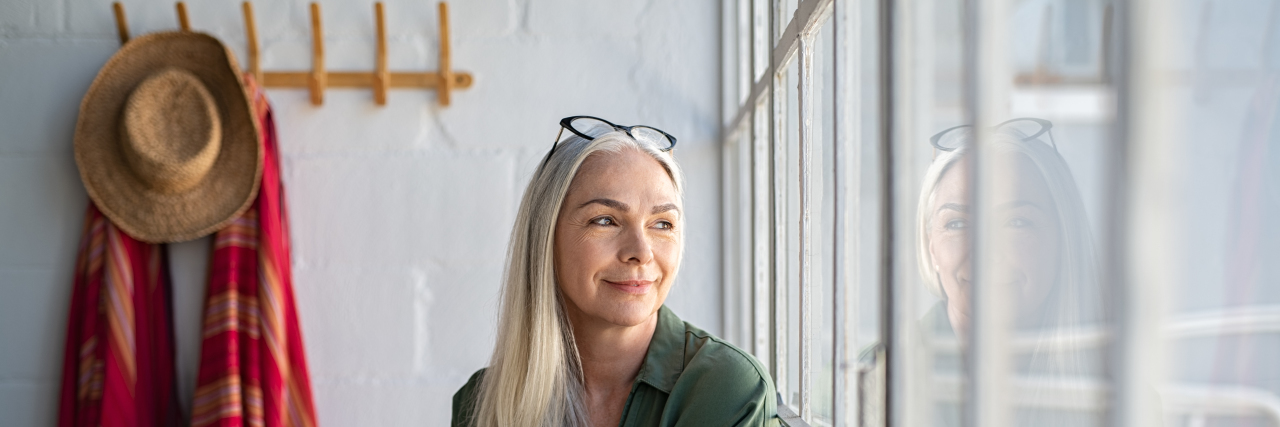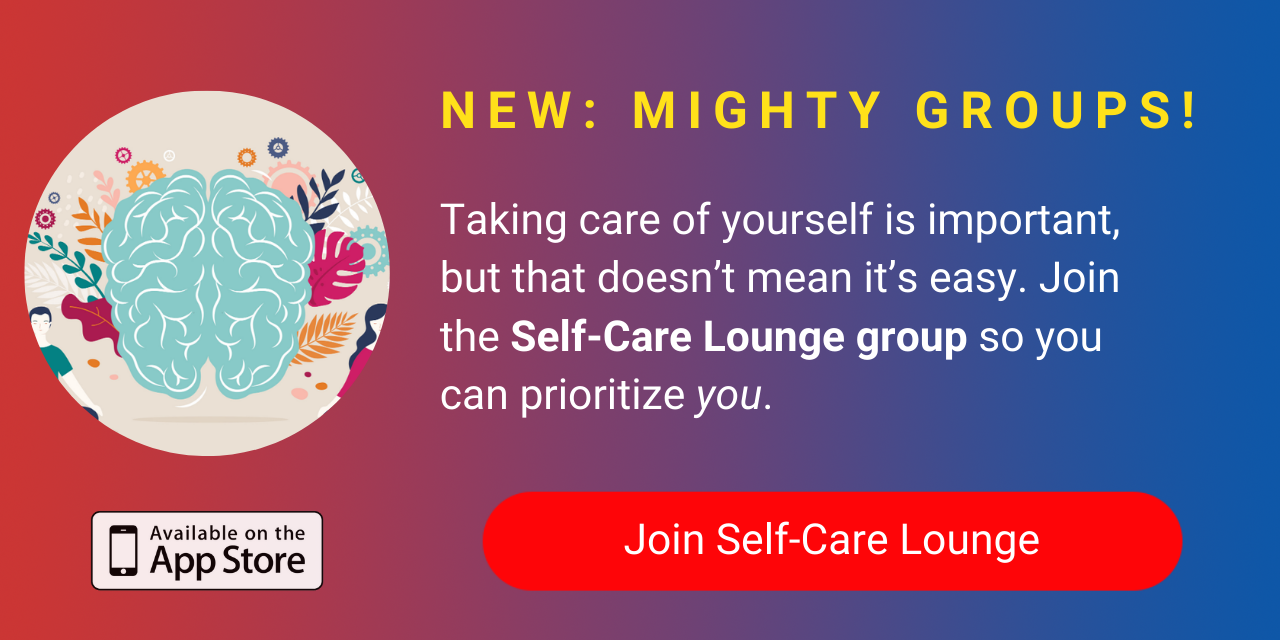I’m writing this piece partly to celebrate the release of my new book, “How to Be Sick: Your Pocket Companion”, and partly, as always, to try and help my readers. I thought I would share the challenges that the book covers, adding some comments as I go.
When my publisher asked me to prepare what we initially called a pocket edition of my first book, “How to Be Sick,” I thought: “This will be easy. I’ll just edit down the text of the big book.” That turned out to be a gross miscalculation because a pocket-sized book requires a different approach! I needed to complete a thought, a suggestion, or a practice on one small page. In short, I wound up writing a new book. I’m particularly excited about it because it’s both for those who’ve read “How to Be Sick” and for those who haven’t.
Here are the challenges covered in the new book, along with a few comments I hope will be of help to you right now. Many of the challenges turn out to apply to the restricted lives all of us are leading in light of COVID-19, no matter what the condition of our health was when we began sheltering-in-place in March.
First Challenge: Not Engaging in Self-Blame
As I write in the book, “I know from experience that nothing positive comes from directing blame at yourself.” When it comes to chronic illness (which includes chronic pain), it’s crucial to remember that you are not the enemy. Anyone can get sick, physically or mentally, and anybody can develop chronic pain. I just got an email from a woman who turned 20 last month and has been in chronic pain for most of her young life. Chronic pain and illness come with the human condition. It’s not your fault when they come calling. Don’t make things worse by adding self-blame to the mix. Instead, add self-compassion to help alleviate your emotional suffering.
Second Challenge: Making Peace With Your Inability to Know What the Future Holds for You
When I wrote about this challenge a year ago, little did I know that it would become relevant to everyone during this pandemic. As I write in the introduction to this section: “We’d all like certainty in our lives. If you’re like me, the desire to know what’s going to happen to you would sit near the top of your wish list. But none of us can know.”
Accepting that life is uncertain, unpredictable, and doesn’t always conform to your wishes is the first step toward making peace with your circumstances. I admit to having re-read this section several times since the “shutdown” in March. I’ve found solace in some of my own suggestions (I hope no one minds my saying that), particularly the practices that bring me out of my stress-filled thoughts and into the present moment where I can almost always find something pleasant that’s presenting itself to my senses.
Third Challenge: Responding Skillfully to the Relentlessness of Symptoms
Most people who have a chronic health condition know the feeling of frustration due to the relentlessness of symptoms. I can now add frustration due to the relentlessness of sheltering-in-place. In both instances, if you’re like me, there are days when you cry out, “Enough is enough!” Although it can be good to let off steam once in a while in this way, treating your health or your life as the enemy is not good for your emotional well-being. In the book, I offer nine suggestions for responding skillfully to the relentlessness of symptoms (and now, of course, the relentlessness of sheltering-in-place).
One of those suggestions runs throughout the book: cultivating self-compassion. All this means is treating yourself as gently and as kindly as you’d treat a newborn child or a loved one in need. We don’t control much in this life, but we can control how we treat ourselves. Cultivating compassion for yourself lets you know that you care about your suffering, whatever its cause; this knowledge alone can ease your emotional pain.
Fourth Challenge: Handing the Emotional Pain of Receiving Cursory or Dismissive Medical Care
My guess is that everyone has experienced this at some time in their lives. Although it does not feel good, you have to move past it. In the words of Maya Angelou: “You may not control all the events that happen to you, but you can decide not to be reduced by them.” In the book, I offer six suggestions for handling this disappointment so as to not be reduced by it. Remember that you may be sick or in pain, but you’re still a whole and worthy person, so don’t give up your search for decent medical care.
Fifth Challenge: Coping Skillfully With Disappointment and Sadness When a New Treatment Didn’t Help
I know what it’s like to get my hopes up when I try a new treatment only to feel incredibly sad when it doesn’t work out. I used to get angry when this happened but I’ve learned that anger only makes me feel worse. Some treatments work; some don’t. One focus of this section of the book is to learning to give in gracefully to what happened instead of giving up, which only harms yourself and which keeps you from taking constructive action (such as looking for other treatments that are appropriate to your circumstances).
Sixth Challenge: Responding With Patience and Courage to the Appearance of a New Medical Problem
All of us could use a dose of patience and courage, given the life we’re suddenly leading due to COVID-19. When I wrote the book a year ago, of course, I didn’t have that in mind as a “new medical problem,” but recall from the second challenge: life is unpredictable. The sooner you can accept that, the sooner you can find a measure of peace no matter what your circumstances. Part of that acceptance involves acknowledging that life isn’t always fair. In my experience, constantly trying to make it fair is an oppressive burden. I hope all of you can lay that burden down.
Seventh Challenge: Accepting Without Bitterness How Limited Your Life Has Become, Socially and Otherwise
I guess I hit the nail on the head with this one when, once again, I prepared the book before the current pandemic. I wrote this about chronic illness, but it now applies to the restrictions we’re all having to cope with: “Chronic illness can significantly alter your ability to socialize and to engage in activities you used to love. It’s a challenge to adjust to the change.” Even though I was already mostly housebound, sheltering-in-place has still been a challenge because I lost the choice to go out when I’m feeling well enough.
One thing I caution everyone to watch out for is the tendency to glorify the past by fooling yourself into thinking that before chronic illness (or this pandemic), you could do whatever you wanted, whenever you wanted. No one can. Putting the past on a pedestal is a major source of emotional suffering. Life is a mixture of joy and sorrows — always — whether healthy or not, whether sheltering-in-place or not.
Eighth Challenge: Easing the Heartache of Feeling Disregarded or Even Not Believed by Family and Friends
Here’s how I start this section of the book: “Most people don’t realize that someone can look fine but be chronically ill, physically or mentally.” This attitude can lead family and friends to refuse to believe what you’re telling them. I call it a “heartache” because that’s how it feels. I offer seven suggestions for easing this emotional pain.
Ninth Challenge: Alleviating the Pain of Loneliness
I’ve read several articles about the loneliness that sheltering-in-place has triggered. It’s not surprising. As with chronic pain and illness, this pandemic has caused a dramatic change in lifestyle. Previously, you may have been in the company of others every day; suddenly you’re by yourself all the time. Even if you live with others, loneliness can set in because, well, you’re stuck with those others 24/7. You’ve lost the ability to choose the people you want to hang out with. I point out in the book that being alone, in and of itself, is a neutral state, neither positive nor negative. It can lead to loneliness but it can also lead to what some people call the glory of solitude. I try to help readers find that glory.
Tenth Challenge: Managing Caregiver Burnout Wisely
This final challenge is addressed to those who care for chronically ill people, whether it be a partner, a parent, a friend or even a health care worker. If you’re a caregiver, be sure you’re looking after your own needs too. This will help you avoid what’s often called “compassion fatigue.” The book offers ideas on how to be a good caregiver and still find a life of fulfillment for yourself. It’s not always easy, but it can be done.
***
I hope you’ve enjoyed this introduction to my book and also picked up some helpful suggestions as you read the piece. My best to everyone.
Getty image by Ridofranz.


